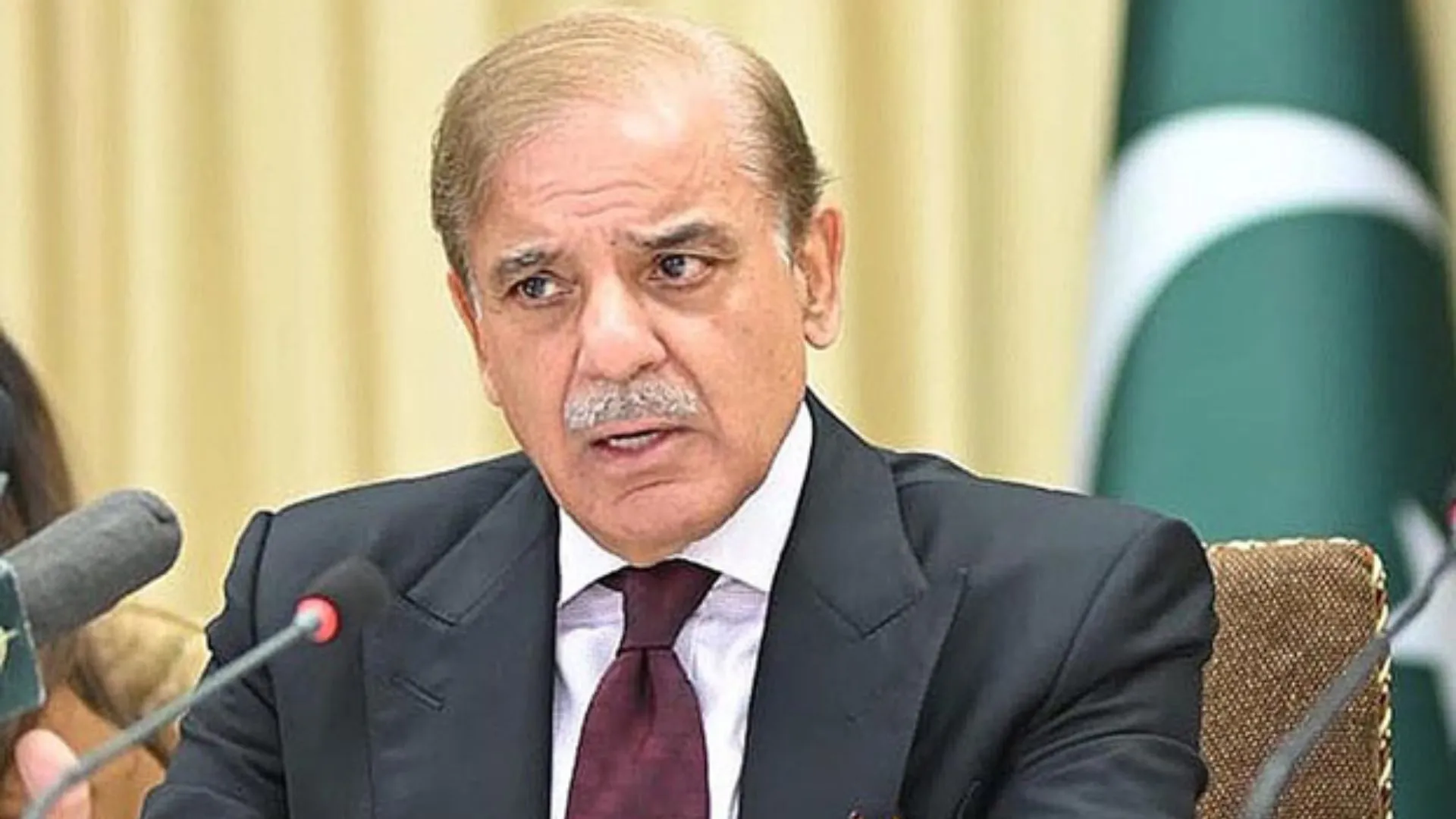Pakistan Prime Minister Shehbaz Sharif has expressed willingness to cooperate in a neutral investigation into the recent terror attack in Jammu and Kashmir’s Pahalgam.
The attack left 26 people dead, including a Nepalese national, and has been described as one of the deadliest since Article 370 was abrogated in 2019.
The incident has sparked a wave of diplomatic and security reactions from India, which has pointed fingers at Pakistan for allegedly supporting the perpetrators behind the assault.
Sharif Urges End to “Perpetual Blame Game”
Speaking at a graduation ceremony at the Pakistan Military Academy in Kakul, PM Sharif addressed the mounting tension.
“The recent tragedy in Pahalgam is yet another example of this perpetual blame game, which must come to a grinding halt. Continuing with its role as a responsible country, Pakistan is open to participating in any neutral, transparent and credible investigation,” Mr Sharif said.
He further reiterated Pakistan’s broader stance on terrorism. “Pakistan has always condemned terrorism in all its forms and manifestations,” he added.
Sharif’s statement comes a day after Pakistani Defence Minister Khawaja Asif told The New York Times that Islamabad is “ready to cooperate” with “any investigation which is conducted by international inspectors.”
The Resistance Front (TRF), a known proxy for the Pakistan-based Lashkar-e-Taiba, has claimed responsibility for the Pahalgam attack.
According to Indian intelligence, Adil Ahmed Thoker—one of the accused—crossed into Pakistan, underwent terror training, and returned with a group of Pakistani militants six years later.
India Responds with Diplomatic Crackdown
In response to the attack, India held an emergency Cabinet Committee on Security (CCS) meeting, chaired by Prime Minister Narendra Modi.
The CCS outlined a series of decisive measures against Pakistan. One of the most immediate was the reduction of diplomatic staff in both countries’ missions—from 55 to 30—by May 1.
India also expelled Pakistani defence, naval, and air attachés, labelling them persona non grata. Reciprocal steps are expected from Pakistan.
Additionally, all service staff assigned to these military advisors are being recalled.
SAARC Visa Scheme Suspended, Indus Treaty in Limbo
India has suspended the SAARC Visa Exemption Scheme for Pakistani citizens, cancelling all previously issued visas under this framework.
The Attari Integrated Check Post, the sole active land crossing between the two countries, has also been ordered to shut down. Pakistani nationals currently in India through this route have until May 1 to return.
Perhaps the most significant diplomatic move is the suspension of the Indus Waters Treaty. According to Foreign Secretary Vikram Misri, the treaty will remain on hold until Pakistan demonstrates “credible and irrevocable” rejection of cross-border terrorism.
Amid these developments, tensions remain high at the Line of Control. Pakistani forces continued unprovoked firing into Indian territory for a second consecutive night. Indian troops responded, though no casualties have been reported on either side.
ALSO READ: Pahalgam Terror Attack: Disturbing New Footage Shows Terrorist Killing Tourist – Watch




















